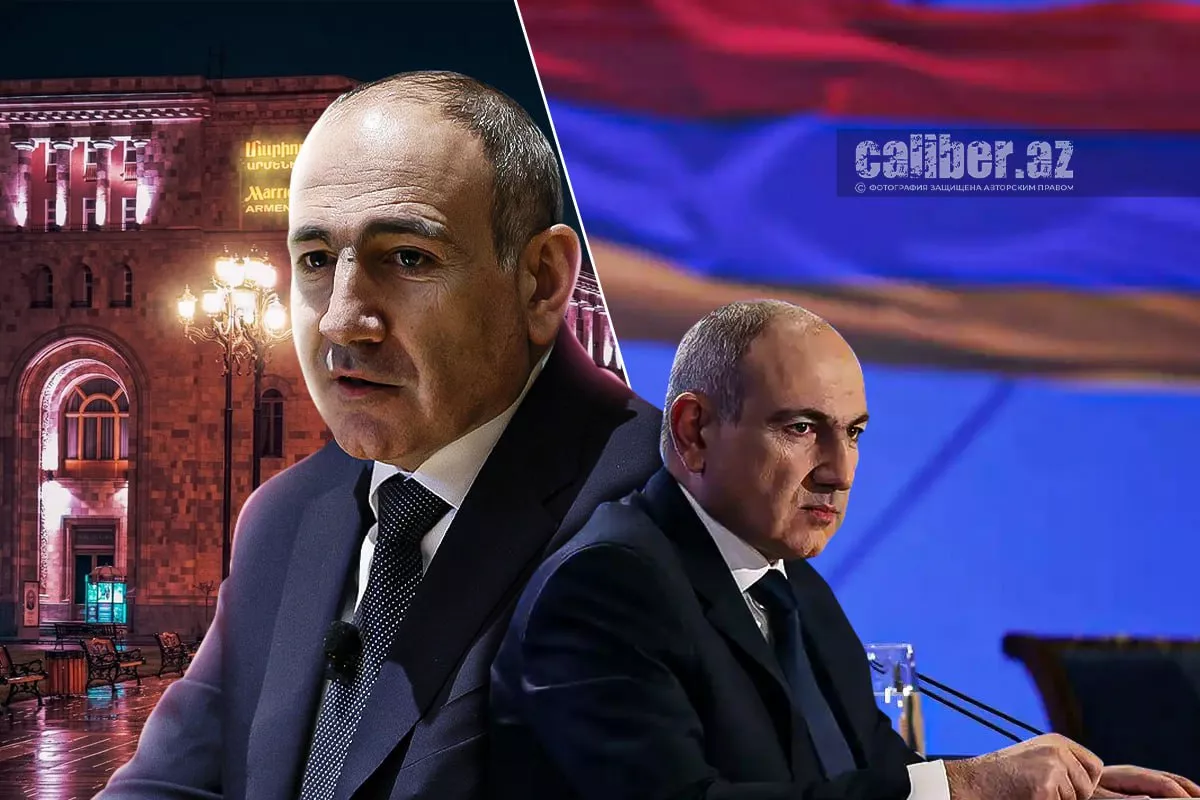Referendum and the price of peace Armenian society must face reality
The recent announcement that the OSCE Minsk Group has officially ceased to exist marks another diplomatic victory for Azerbaijan and brings peace in the South Caucasus one step closer. For Armenia, however, signing a comprehensive peace agreement now hinges on fulfilling one key demand from Baku: amending the country’s constitution.
In this context, a recent public opinion survey conducted by the Armenian branch of the GALLUP International Association offers important insights. The survey asked 1,100 Armenian citizens about their views on constitutional amendments and the implementation of the Zangezur corridor.
According to Armenian media reports, respondents were asked to select the statement they most agreed with. The results revealed that 58% opposed amending the constitution at Azerbaijan’s request, insisting it is an internal matter for Armenia. Another 25.1% viewed the proposed changes as a political trap, arguing that Baku would not sign a peace agreement regardless of any amendments. Only 12.2% of respondents said they would support constitutional changes if it could lead to a genuine and lasting peace between the two countries. The remaining 4.7% were undecided.
On the question of the Zangezur corridor, roughly 60% of respondents expressed opposition to its implementation.
As noted, the current GALLUP survey involved just over 1,000 participants, making it premature to claim that the overwhelming majority of Armenian society opposes the peace process. A more objective assessment would require a nationwide survey covering a broader cross-section of the population.
That said, comparing this year’s results with last year’s survey shows some progress. In 2024, 80.3% of respondents opposed constitutional amendments—22.3 percentage points higher than this year.
We attribute this positive trend to the consistent ideological efforts of Armenia’s current authorities, particularly Prime Minister Nikol Pashinyan, who demonstrates strong social engagement. Unlike his predecessors, Pashinyan has shown openness and a willingness to engage in dialogue with the public, an approach that appears to be yielding tangible results.

It is also noteworthy that Nikol Pashinyan, through social media and regular meetings with young people—most of whom are barely familiar with the true history of the Armenian-Azerbaijani conflict and, accordingly, lack an accurate understanding of the processes in the region—is promoting the concept of a “real” Armenia, which recognises Karabakh as part of Azerbaijan.
In other words, Pashinyan is effectively breaking, single-handedly, the long-standing stereotype of “Karabakh belonging to Armenia,” a narrative that was established during the late Soviet era and actively reinforced in public consciousness by previous Armenian authorities.
Today, Pashinyan’s number one task is to resolve the constitutional dilemma through a nationwide referendum following parliamentary elections. In the context of fierce confrontation with the opposition and the Armenian Church, this is no easy feat, and its outcome will depend, in part, on popular support. Nevertheless, Pashinyan is determined, as evidenced by his statement that constitutional amendments will be made even if obstacles arise from the country’s Constitutional Court.
We believe that with this message, the Prime Minister made it clear to opponents of his position that the matter is already decided, while also aiming to gauge the reaction of civil society. It is noteworthy that this highly resonant statement was not met with particularly strong negative reactions from Armenian society.
Based on the above, it is possible—with cautious optimism—to suggest that the citizens of Armenia, perhaps still at a subconscious level, have begun to recognise the importance and necessity of peace with their neighbours. For this peace to be fully established, they need to support their Prime Minister’s efforts to amend the country’s constitution. Then the hatchet of war will be buried forever, and peace will come to the South Caucasus, bringing prosperity to all countries in the region, including Armenia. The sooner this happens, the better it will be for everyone.








